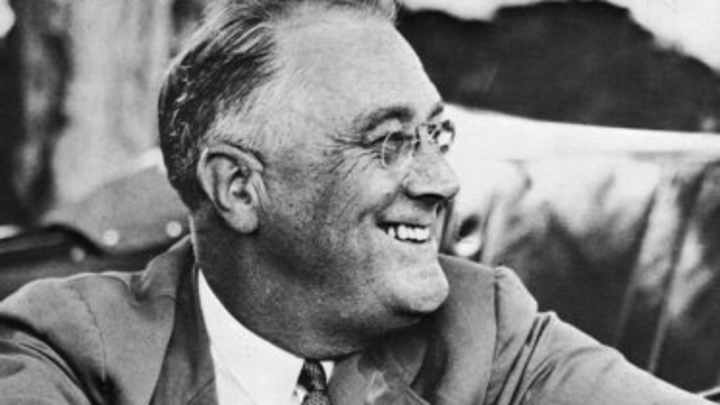What Path Should MLB Take in What is a Different Kind of War?

Baseball voluntarily shut down amid the COVID-19 coronavirus pandemic in March. The sport went quiet for a full week after the 9/11 attacks on the World Trade Center and the Pentagon in 2001. The Oakland-San Francisco World Series of 1989 had a 10-day break following the Loma Prieta earthquake.
For the most part, however, baseball has soldiered on during times of national crisis. Although as much as 38 percent of the Major League workforce went on to serve during World War 1, according to historian Jim Leeke, the game itself did not shut down. 27 players who went on to wind up in the Hall of Fame took part.
After the attack on Pearl Harbor brought the U.S. into World War II, more than 500 Major League players would leave baseball behind to wear a uniform, including 36 who would wind up in Cooperstown.
But in neither case did baseball shut down, although in the case of World War I, the 1918 season was cut from 154 games to 124 and the 1919 season only saw 140 games played. All 154 games were played in the 1942, 1943, 1944 and 1945 seasons.
What is baseball in 2020 taking from those experiences? It’s unclear.
In the weeks after Pearl Harbor, Baseball Commissioner Kenesaw Mountain Landis wrote to President Franklin Roosevelt for advice going forward, saying the sport would follow the President’s lead.
“If you believe we ought to close down for the duration of the war, we are ready to do so immediately,” Landis wrote. “If you feel we ought to continue, we would be delighted to do so. We await your order.”
Roosevelt wrote back in a letter that now resides in Cooperstown. The “Green Light Letter” encouraged but did not order Landis to keep baseball going, that the sport had a role to play in wartime.
He wrote: “I honestly feel that it would be best for the country to keep baseball going. There will be fewer people unemployed and everybody will work longer hours and harder than ever before.
“And that means that they ought to have a chance for recreation and for taking their minds off their work even more than before.
“Here is another way of looking at it - if 300 teams use 5,000 or 6,000 players, these players are a definite recreational asset to at least 20,000,000 of the fellow citizens - and that in my judgment is thoroughly worthwhile.”
The question is, does that philosophy apply now in a pandemic?
The Athletic’s Ken Rosenthal writes that baseball is considering the possibility of quarantining teams in Florida and/or Arizona in spring training parks and playing games with no fans present. The rationale, in part, seems to be that if the games could be played relative solitude, the sport could play a “restorative role for the country, as it did during World War II and after 9/11.”
The trouble is, it’s not just about keeping players quarantined. How would the quarantine apply to the workers like television, medical, media and staff? Players would probably have to agree to temporary salary reductions because there would be no income from ticket sales even as TV deals and proprietary digital media would bring in cash.
To this point, the federal government is pushing social distancing until April 30. The Center for Disease Control and Prevention (CDC) is recommending against large gatherings (50 or more persons) through at least May 10.
Baseball would like to think that a second spring training could start up later in May and regular games could be play sometime in early June. But that seems unlikely, given that the numbers of COVID-19 infections and deaths continues on an upward trendline.
One wonders if Roosevelt, facing an entirely different enemy in an entirely different war, would be rushing to get baseball back up and running.
